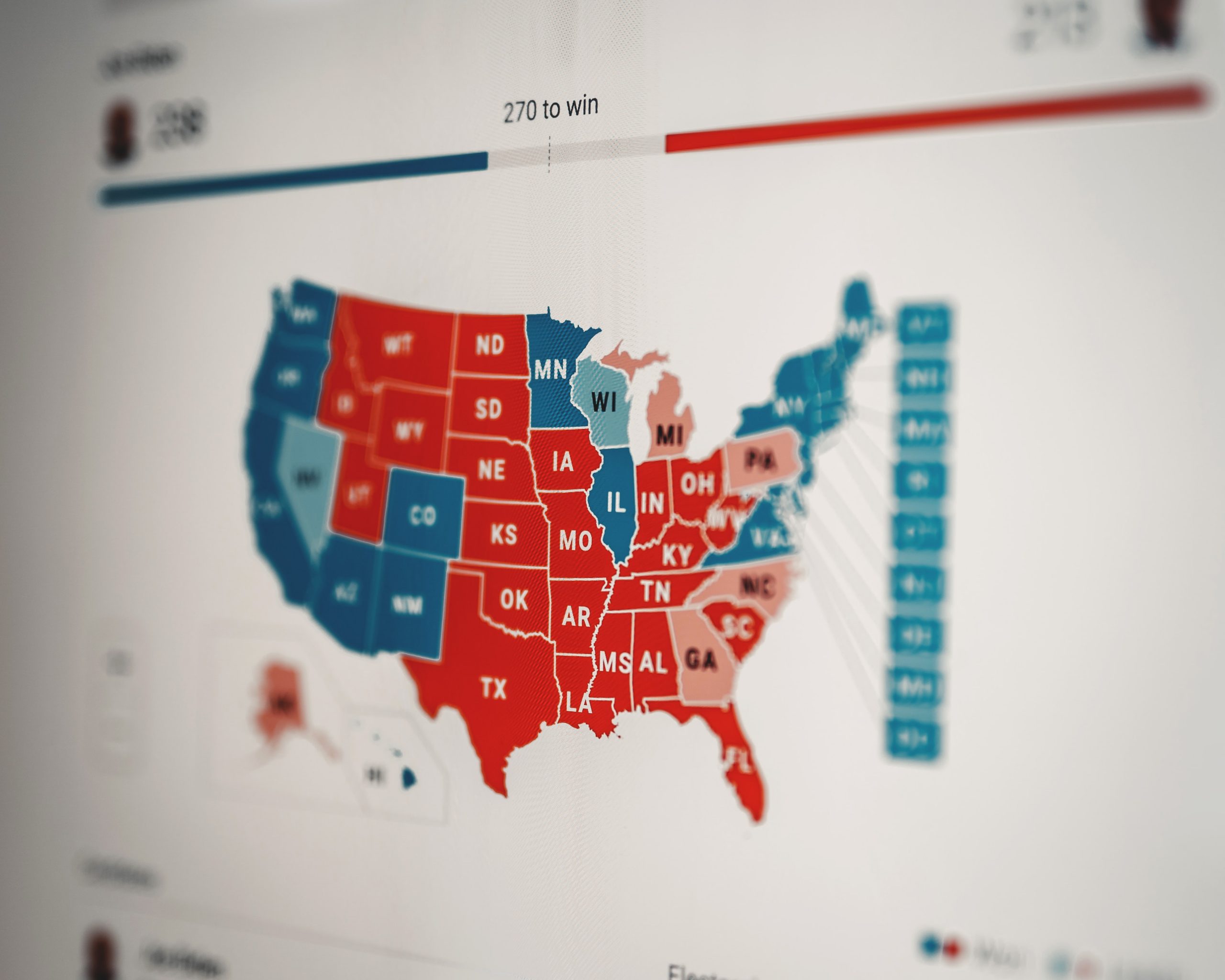U.S. Elections 2020: Highest Turnout vs Deepest Divide

2020 U.S. Elections
On November 11, the Guarini Institute for Public Affairs, in conjunction with Mercy College’s Center for Global Engagement, organized an open microphone “town hall” event where students, faculty, and staff shared their thoughts and ideas about the U.S. Presidential Elections. The event was hosted online by Professor Federigo Argentieri, Director of the Guarini Institute for Public Affairs, and moderated by JCU alumnus Eduardo Albrecht.
High Participation
The talk focused on the legal and political ways that led these U.S. elections to become historical and unique. Albrecht kicked off the event underlining the societal transitions that the results brought in his opinion. Albrecht noticed a change in the perception of political parties as representative of ideological beliefs, to parties as representative of identities. According to Albrecht, many U.S. voters chose their political representatives according to whom would defend them rather than represent their ideas.
One common theme shared by some of the guests regarded participation in the elections. As a workplace psychologist pointed out, cynicism and distrust usually cause people to lose interest in an organization or workplace. However, the U.S. elections proved that high criticism towards political institutions can lead to high participation. Americans didn’t trust the institutions so they were more keen on voting.
Konrad Motyka from Mercy College shared an optimistic tone. The high level of participation demonstrates that democracy is alive in the United States.
Mercy College student Loushema added that the pandemic served to expose the truth. Even though many lives were taken, it revealed the real nature of institutions and their policies. This led many young people and supporters of feminism and of the LGBTQ community to vote, showing that this generation required a change in the administration.
General Confusion
However, other participants were less optimistic and more concerned about the United States’ voting system. For instance, Professor Simone Boyer from Mercy College said that even though she is glad that many people went out to vote this time, the mindset needs to change. According to Boyer, usually, there are more people voting in talent shows like The Voice or American Idol than in Presidential Elections. This little participation may be caused by a general distrust in the institutions. As journalist of Corriere della Sera Viviana Mazza said, there was a great level of distrust after the elections, as 86% of Republicans thought the results weren’t fair. Indeed, according to Guarini Institute Advisor Lucio Martino, the problem is not getting people to vote, rather ensuring that the opposing party accepts the results.
Another student from Mercy College, Anna, added that parties and society are becoming more complex and fragmented, therefore people don’t know what they affiliate with anymore. Eric Terzuolo, lecturer at the American University School of International Service, explained that part of the problem in accepting the results is due to the low understanding of the complex U.S. electoral system. Angela Brintlinger from Ohio State University was able to experience this confusion firsthand when she operated as a poll worker during the elections.





